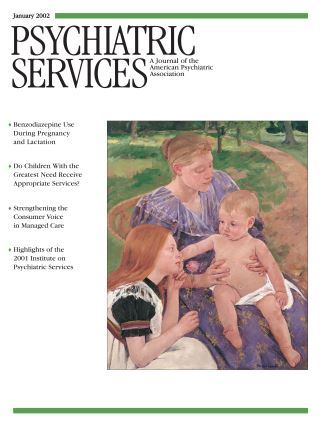Approaches to emergency interventions for psychiatric problems are notably different from those for medical problems. Responses to medical emergencies are usually handled by trained medical personnel. Responses to psychiatric emergencies are usually handled by police officers. Emergency medical clinicians assess for acute medical conditions, seek a medical history, and consult emergency medicine physicians about on-the-spot clinical interventions. Police officers usually assess for acute dangerousness, seek a legal history, and decide whether the individual's behavior warrants involvement in the criminal justice system or the mental health system or both.
In medical emergencies, transport usually entails cloth restraints and a ride to a hospital emergency department in a marked emergency medical vehicle. In psychiatric emergencies, transport frequently means metal restraints and a ride to a medical or forensic holding site in a marked police vehicle. Emergency medical personnel fill out a medical report form. Police officers fill out an arrest holding form. "Medical patients" are treated in emergency departments and referred or transferred to specialty medical sites for further treatment or follow-up. "Mental patients" are evaluated in locked mental health or forensic holding areas and are referred or transferred to psychiatric treatment sites or jail.
Too often initial emergency interventions for individuals experiencing psychiatric crises are more legal than medical or psychosocial. Legal approaches tend to criminalize the individuals involved—and persons with mental illnesses are no exception. Many state laws require that persons who are deemed acutely "dangerous to self or others" for psychiatric reasons be handcuffed and transported in a police vehicle by a law enforcement officer. Even when officers have been well trained in mental health interventions or when they are accompanied by mental health clinicians, the system is primarily a legal one. It is not on par with systems that have been established to deal with nonpsychiatric emergencies.
In addition to seeking parity in payments for comparable clinical services, it is time mental health professionals sought clinical parity in the types of services provided—especially for emergency mental health services. Let's end the image of a depressed and suicidal individual being escorted to a police squad car in handcuffs or a disruptive person who has schizophrenia being charged with a crime and jailed.

